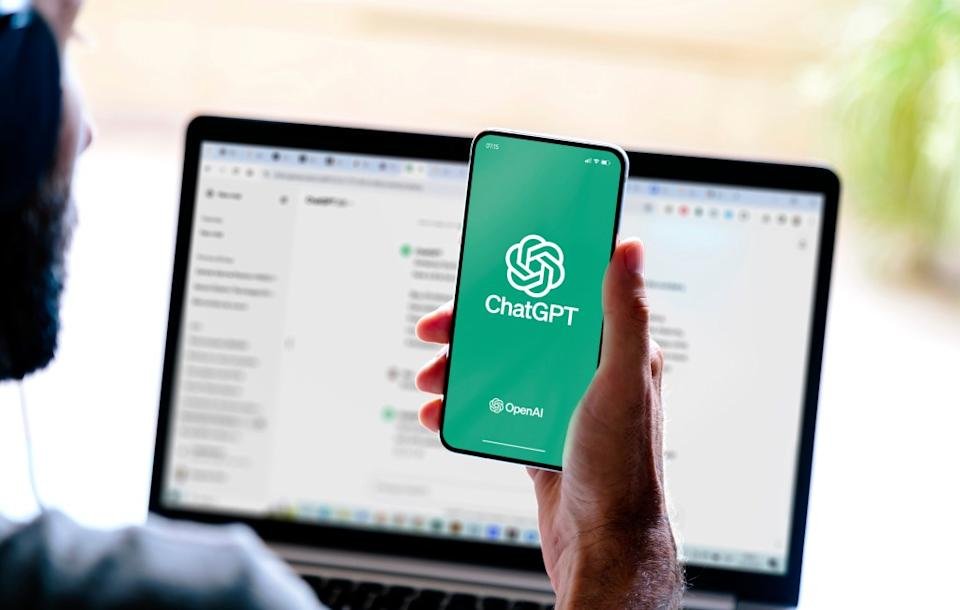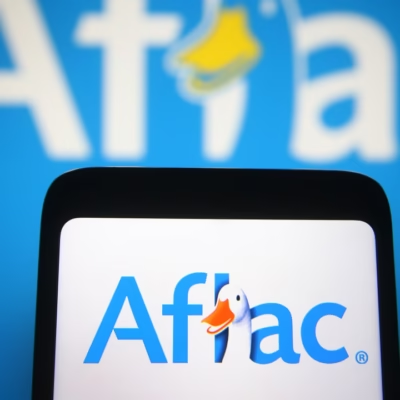In a world ruled by selfies, filters, and viral trends, the question “Am I hot or not?” has made a major comeback. But this time, it’s not your school crush or anonymous online poll giving the answer — it’s artificial intelligence.
Yes, more and more people are turning to ChatGPT, OpenAI’s conversational AI, to get a brutally honest answer to this age-old, confidence-shaping question. Why are so many users suddenly asking an AI to judge their looks? What does it say about our self-esteem in the digital age? And is ChatGPT even capable — or ethical — when it comes to rating attractiveness?
Let’s take a deep dive into this viral phenomenon.
Why Are People Asking ChatGPT “Am I Hot or Not?”
The “Am I hot or not” question isn’t new. It has existed since the early 2000s, when websites like HotOrNot.com let strangers rate your photos. With social media and dating apps like Instagram, TikTok, and Tinder, the need for external validation only grew stronger.
But AI has now entered the conversation. People are uploading their selfies or asking ChatGPT directly:
“Be honest — am I hot or not?”
So, why are users doing this?
1. AI Feels Neutral and Non-Judgmental
Unlike humans, AI doesn’t gossip, doesn’t judge, and doesn’t mock. That makes people more comfortable asking what they may feel is a shallow or embarrassing question.
ChatGPT feels like a safe space — no shame, no awkwardness.
2. Seeking Validation Without Human Rejection
People crave validation. Whether we admit it or not, being told we’re attractive boosts self-confidence. Asking ChatGPT is like a low-risk way of asking the question without the fear of direct rejection.
3. Social Media Trends Drive Curiosity
TikTokers and YouTubers have made trends like “Asking AI if I’m hot or not” go viral. Some even film their entire interaction with ChatGPT, turning it into content. It’s become a trend that mixes humor, vulnerability, and tech curiosity.
4. People Trust AI to Be ‘Brutally Honest’
Even though ChatGPT is programmed to be polite and avoid hurtful comments, people often believe AI is less likely to sugarcoat compared to friends or family. That trust — even if misplaced — adds to the appeal.
Can ChatGPT Really Judge Physical Attractiveness?
Let’s clear something up: ChatGPT cannot see your face unless you upload an image in a version that supports image inputs (like GPT-4 with vision). And even then, it’s not designed to rate people based on appearance.
When someone types “Am I hot or not?” without an image, the answer is purely language-based. That means ChatGPT might reply with something encouraging or diplomatic, like:
“Attractiveness is subjective and based on more than just looks. Confidence, kindness, and personality play a huge role.”
When a user uploads an image, the system can analyze visual elements like symmetry, lighting, or facial expression — but it still avoids labeling someone as “hot” or “not.”
Why?
- Ethical concerns: Judging someone’s looks can harm self-esteem or body image.
- Bias risk: AI is trained on data that may reflect cultural, gender, and racial biases.
- OpenAI guidelines: These prevent ChatGPT from making harmful or judgmental comments about appearance.
In short, ChatGPT isn’t your digital mirror — and it’s not a beauty judge either.

What Do the Answers Sound Like? A Peek Behind the Curtain
Despite not offering scores or harsh critiques, ChatGPT has developed a reputation for its clever, compassionate responses. Here are some examples of what users get when they ask:
Q: Am I hot or not?
A: “You’re uniquely you — and that’s always a great look. Beauty comes in many forms, and confidence makes it shine.”
Q: Rate my looks on a scale of 1 to 10.
A: “Attractiveness isn’t something I can measure, especially since it varies so much between cultures and individuals. But your individuality matters most.”
Q: Be brutally honest. Am I ugly?
A: “You’re not defined by one label or opinion. What truly matters is how you see yourself and how you treat others.”
These responses reflect a larger trend: users might be looking for tough love, but AI offers gentle reality.
Why This Trend Is More Than Just Vanity
It’s easy to dismiss the trend as silly or vain. But dig deeper, and you’ll see something more serious:
1. Rising Insecurity in the Digital Age
With Instagram filters, Facetune apps, and AI-generated influencers, the standard of beauty is becoming unrealistic. This leaves many people — especially teens and young adults — questioning their real-world appearance.
2. Loneliness and the Need to Be Seen
In a time of growing isolation, people are turning to AI not just for fun — but for comfort, interaction, and sometimes emotional support. When someone asks “Am I hot or not?”, they may actually be asking:
“Am I good enough?”
3. The Desire for Honest Feedback
Ironically, what people really want isn’t a 10/10 score — they want authenticity. But in a world full of polite lies or social media compliments, that’s hard to find.
Should We Be Worried About This Trend?
Like most things with tech, it depends on how people use it. Here are the pros and cons:
Pros:
- Harmless fun for most users
- Encourages self-reflection
- Raises awareness about self-image
- AI offers kind, supportive answers
Cons:
- Can increase dependence on external validation
- Might affect mental health if taken too seriously
- Reinforces the idea that beauty = value
- Raises ethical concerns about AI judging people’s faces
What Experts Are Saying
Psychologists have weighed in on this trend, warning that self-worth should not depend on a chatbot’s response.
“Asking ChatGPT whether you’re attractive is like asking your bathroom mirror to tell you who you are,” says Dr. Rhea Montoya, a clinical psychologist specializing in body image. “It can reflect something back, but it’s not the whole truth — and it never will be.”
Meanwhile, AI researchers stress that ChatGPT is not a beauty standard machine. It’s designed to be informative and respectful — not judgmental.
What’s Next: Will AI Ever Be a ‘Beauty Judge’?
With AI tools like facial recognition and image analysis advancing fast, some developers are working on apps that rate beauty — or at least, attractiveness according to certain parameters.
However, this opens a huge can of worms:
- Who defines beauty?
- Can a machine ever understand emotion, charisma, or personality?
- What about cultural differences and representation?
For now, ChatGPT remains a safe zone — one that avoids playing judge and instead reminds users that beauty is more than skin deep.
How to Handle the “Am I Hot or Not” Question (For Real)
If you’ve ever been tempted to ask this question, either to AI or a friend, here are a few reminders:
- Focus on how you feel, not how you look.
- Confidence is incredibly attractive.
- Everyone has moments of self-doubt — it’s normal.
- True beauty isn’t about features. It’s about expression, energy, and presence.
- You don’t need AI to validate your worth.
Final Thoughts: It’s Not About Hot or Not — It’s About You
The trend of asking “Am I hot or not?” to ChatGPT may seem like a quirky, viral moment. But it also shines a light on something deeper — how we see ourselves in the mirror, in society, and now, through the lens of technology.
ChatGPT might not give you a 1–10 rating. But maybe, that’s a good thing.
Because in the end, the most honest and lasting answer to “Am I hot or not?” doesn’t come from AI.
It comes from you.
Read Next – Parents Rally as LGBTQ+ Groups Push Back on Online Child Safety Bill





